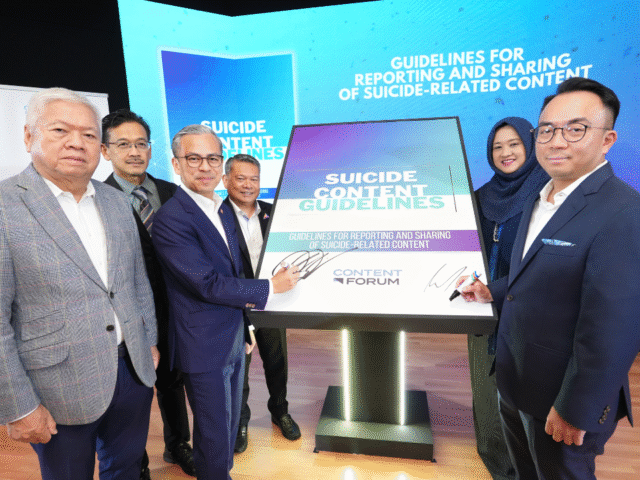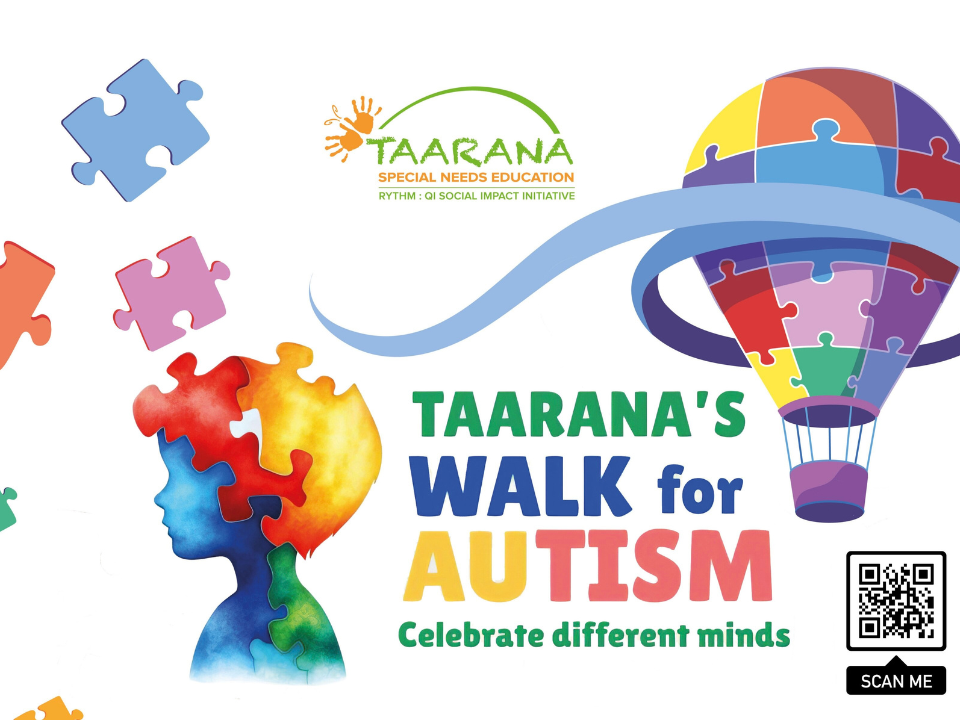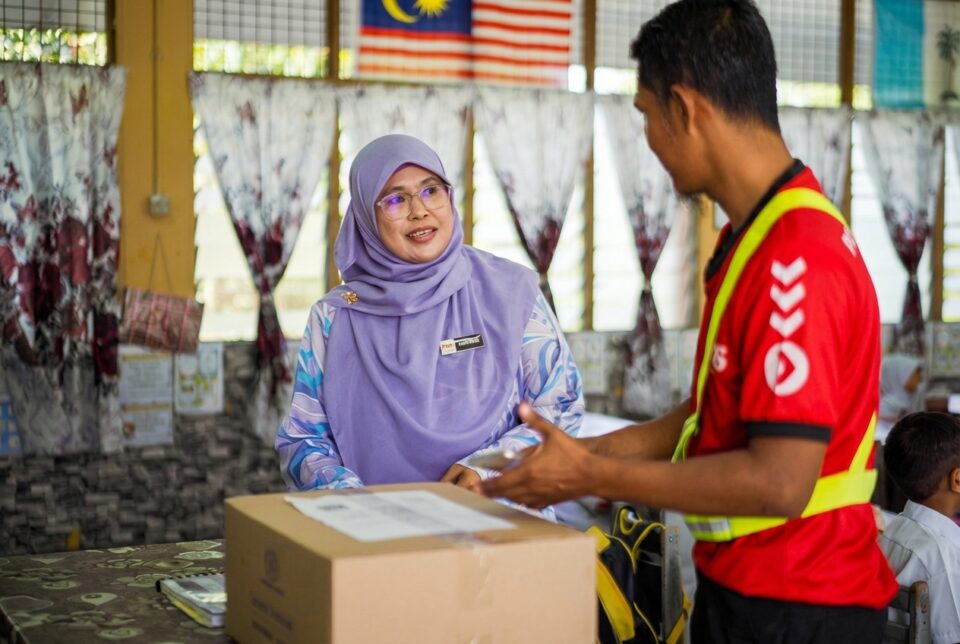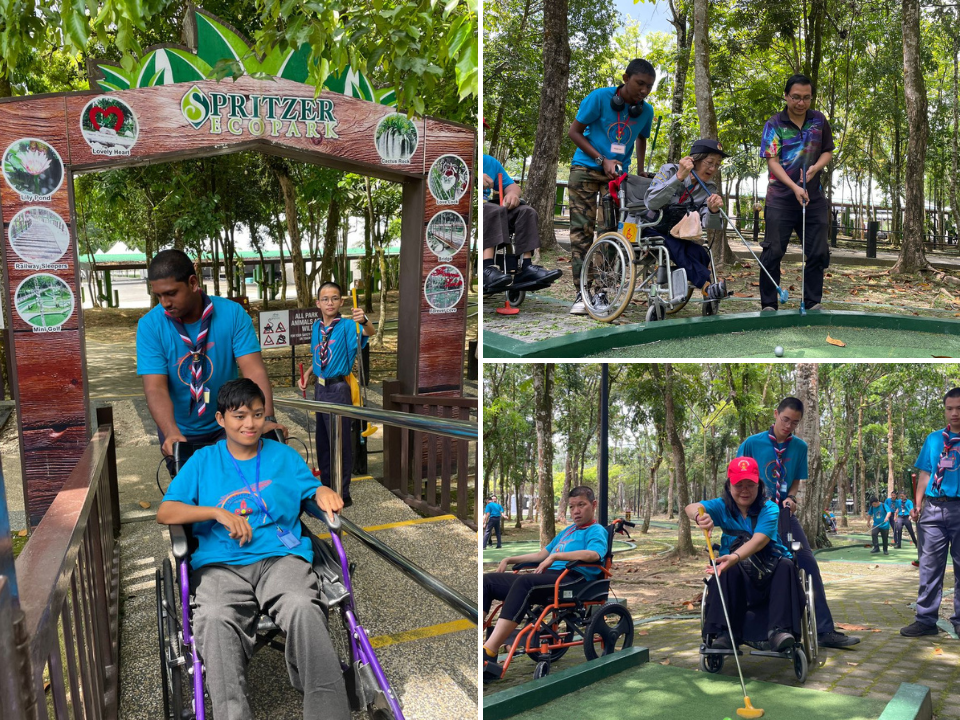
Malaysia has taken a bold and compassionate step in mental health advocacy and ethical content governance. On 3 June 2025, the Communications and Multimedia Content Forum of Malaysia (Content Forum) unveiled the Guidelines for Reporting and Sharing of Suicide-Related Content, it is a industry-led national framework that addresses how suicide-related content should be responsibly reported and shared across media platforms.
This pioneering initiative, launched by Minister of Communications YB Datuk Fahmi Fadzil, reflects a holistic commitment to suicide prevention. It doesn’t stop at traditional media, it covers social media, digital platforms, influencers, and everyday users. The guidelines offer practical, empathetic, and culturally relevant practices for responsible reporting while minimizing harm and protecting vulnerable communities.
Why These Guidelines Matter Now More Than Ever

Suicide remains a critical public health issue, and how we speak about it matters deeply. Recognizing the power of media in influencing public perception and behavior, these guidelines were shaped through extensive collaboration involving the Ministry of Health, National Centre of Excellence for Mental Health (NCEMH), journalist, tech platforms, civil society, and individuals with lived experience.
Unlike international guidelines that typically focus only on newsroom reporting, Malaysia’s framework goes further. IT addresses the realities of today’s media environment, where content can go viral within seconds, and where everyone, from influencers to students, plays a role in shaping public discourse.
By integrating community feedback and cross-sectoral perspectives, the result is a comprehensive guide that reflects the needs, sensitivities, and cultural diversity of Malaysian society.
A New Era of Empathy-Driven Content Sharing
The new guidelines cover essential principles to foster responsible and healing conversations around suicide. Here’s what makes them powerful and effective:
1. From Sensationalism to Sensitivity
The guidelines caution against using graphic imagery, triggering language, or sensational headlines. Instead, they promote respectful storytelling that upholds the dignity of individuals and their families.
Every word, image, and video has the potential to hurt or heal. These standards equip content creators with tools to choose the latter, and help prevent suicide contagion, especially among youth and vulnerable groups.
2. Highlighting Hope and Help
One of the key highlights is the emphasis on the “Papageno Effect” the idea that sharing stories of recovery, resilience, and help-seeking can reduce suicidal ideation.
By featuring positive coping strategies and providing mental health resources, media and digital platforms can become part of the solution, encouraging those in distress to seek help.
3. Digital Responsibility for All
These aren’t just rules for journalists. Influencers, bloggers, platform moderators, and even everyday users are encouraged to follow these practices. There are clear guidelines on how to safely share lived experiences, avoid harmful reposts, and include relevant support hotlines and resources.
This inclusivity makes it a whole-of-society approach, because digital responsibility belongs to everyone.
A Call to Content Creators, Platforms, and the Public

Malaysia’s guidelines are already attracting international attention. They will be presented at the IASP World Congress 2025 in Vienna, placing Malaysia at the forefront of global suicide prevention efforts.
If you are a journalist, blogger, social media influencer, or content creator of any kind, this is your moment to lead with empathy. Align your content practices with these national standards to become a part of a healthier, safer, and more compassionate digital space.
As Rafiq Razali, Chairman of the Content Forum, rightly said:
“In an era when headlines compete for attention… it’s essential our content practices are guided by intention and empathy.”
Ethical Content Can Save Lives

This initiative is more than a guideline, it is a moral compass for the media and digital community. Suicide prevention is not only the responsibility of healthcare systems; it is deeply connected to how we communicate as a society.
As Mediha Mahmood, CEO of the Content Forum, said:
“Its strength lies in the diversity of voices that shaped it.”
By setting this new benchmark, Malaysia reminds the world that content is powerful, and when used responsibly, it can uplift lives, not endanger them.
Want to read or implement the full guidelines?
Visit www.contentforum.my










